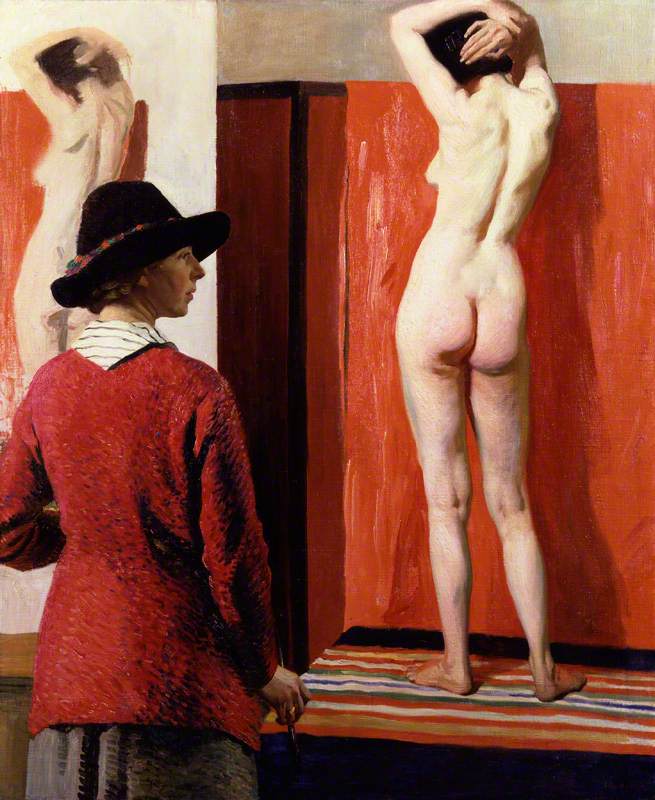Joan Miró, People at Night, Guided by the Phosphorescent Tracks of Snails, 1940
14.94 x 18 in.
Joan Miró (1893-1983) was a major Spanish/Catalan artist, an important figure in the development of modern art. Born in Barcelona, he began drawing lessons at age seven. He studied at the fine art academy at La Llotja and then at the Cercle Artistic de Sant Lluc. Miró had his first solo show in 1918, but his work was ridiculed. His early work shows a mixture of influences, particularly traditional art and Fauvism. After the failure of his first show, Miró moved to Paris where he hoped the artistic community at Montparnasse would be more receptive. Influenced by Cubism and Surrealism, he began to develop his own aesthetic. His style really took form in the mid-twenties, when his particular use of color and geometry produced works of great complexity and originality. Miró's two most famous pieces are from this period: Dancer (1925) and the highly symbolic Birth of the World (1925). While he utilized similar elements for the rest of his career, his late work is quite diverse and striking. The painting I have featured is from a series of small paintings generally known as Constellations. There are twenty-three of them, each as complex and beautiful as the last. People at Night, Guided by the Phosphorescent Tracks of Snails is unusual in the series for its blue background, which gives the appearance of nighttime. These figures and shapes swirl around each other in the night sky. Miró tells us that they are guided by the phosphorescent tracks of snails, the spheres of light along some of the lines. There is indeed a phosphorescence in this piece, a luminosity that draws me to it and makes me want to gaze into the inky blue and follow the lines in stark black and red.



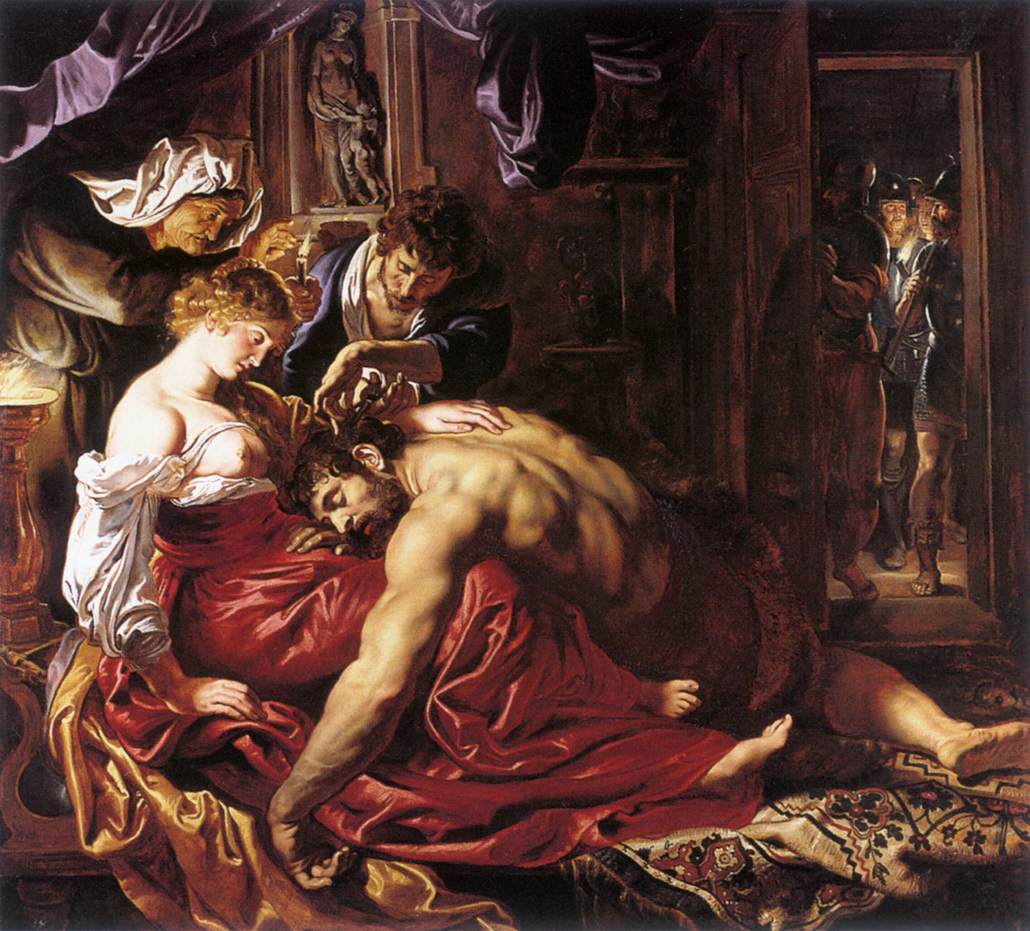






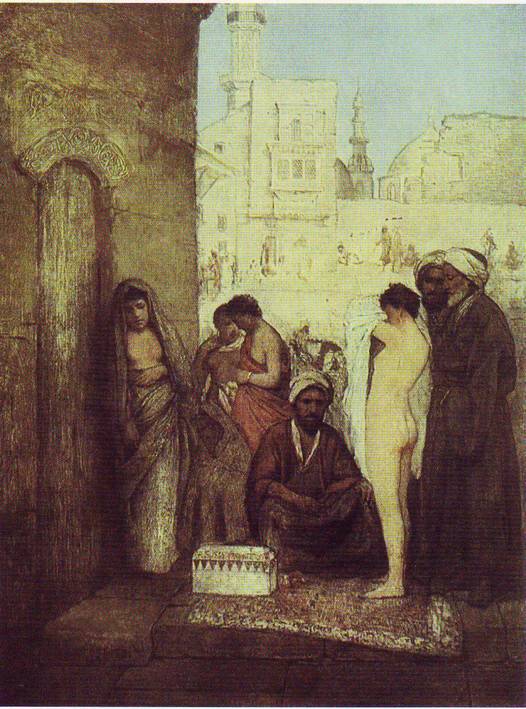
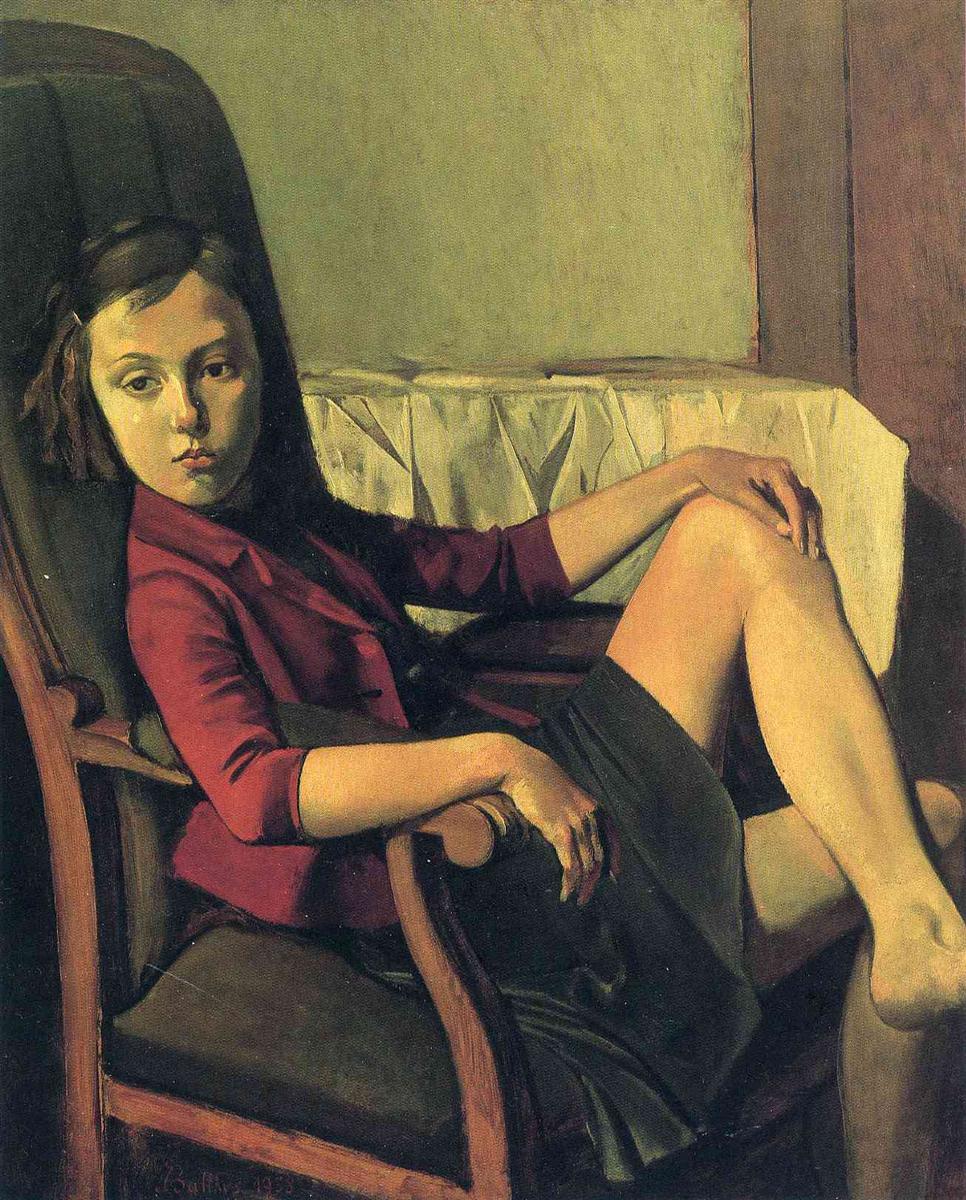

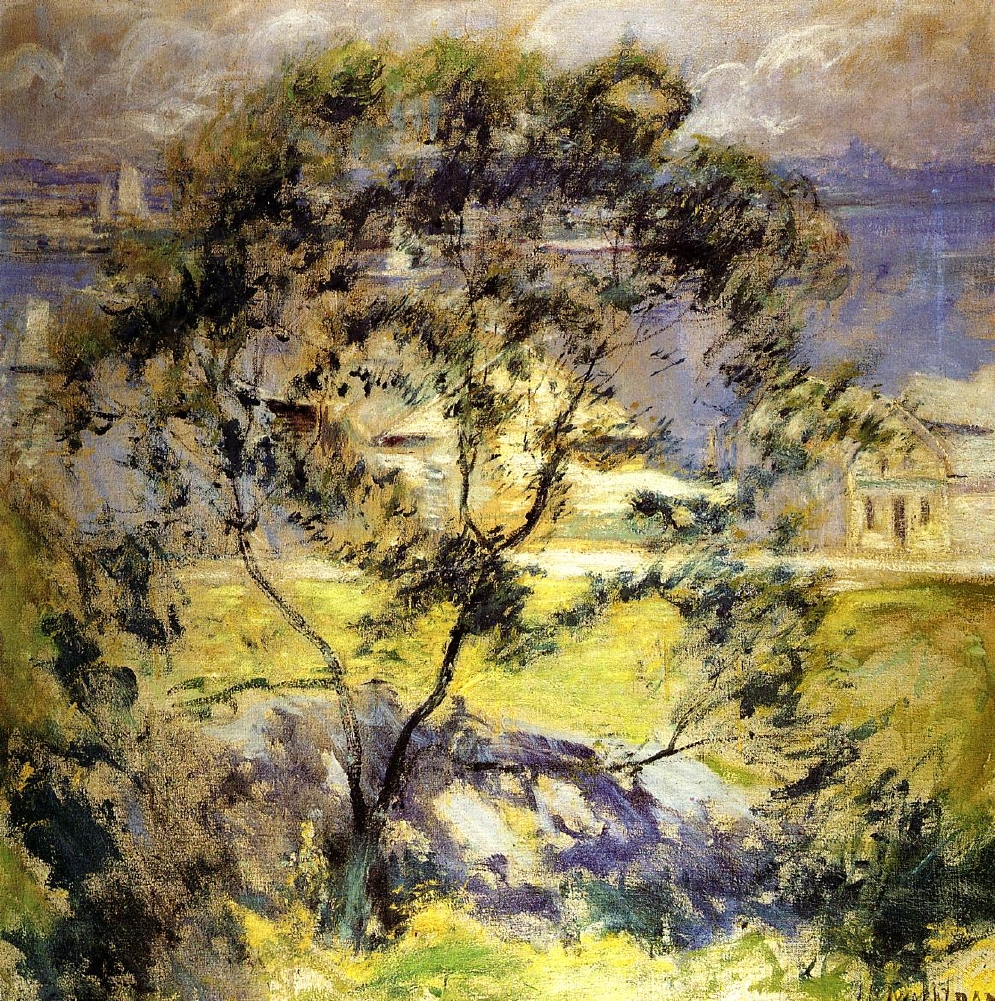
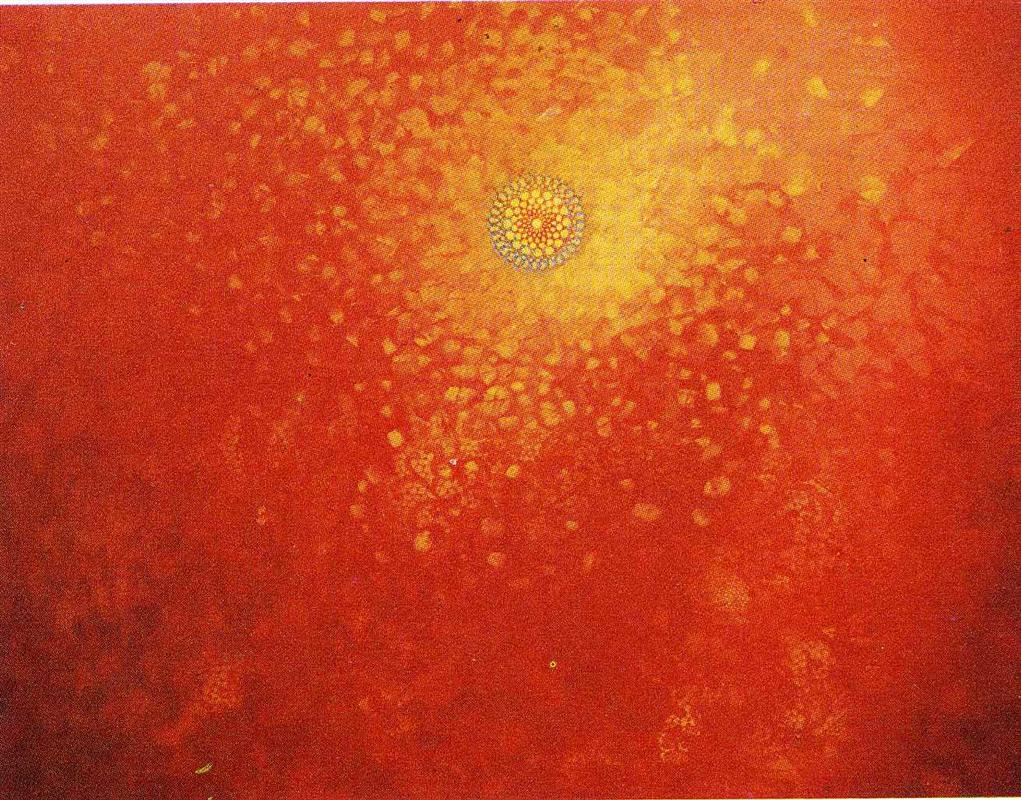
.jpg)
%2C_oil_on_canvas%2C_61_%C3%97_50.2_cm%2C_Museum_of_Modern_Art%2C_New_York.jpg/839px-Giorgio_de_Chirico%2C_1914-15%2C_Le_mauvais_g%C3%A9nie_d%E2%80%99un_roi_(The_Evil_Genius_of_a_King)%2C_oil_on_canvas%2C_61_%C3%97_50.2_cm%2C_Museum_of_Modern_Art%2C_New_York.jpg)










